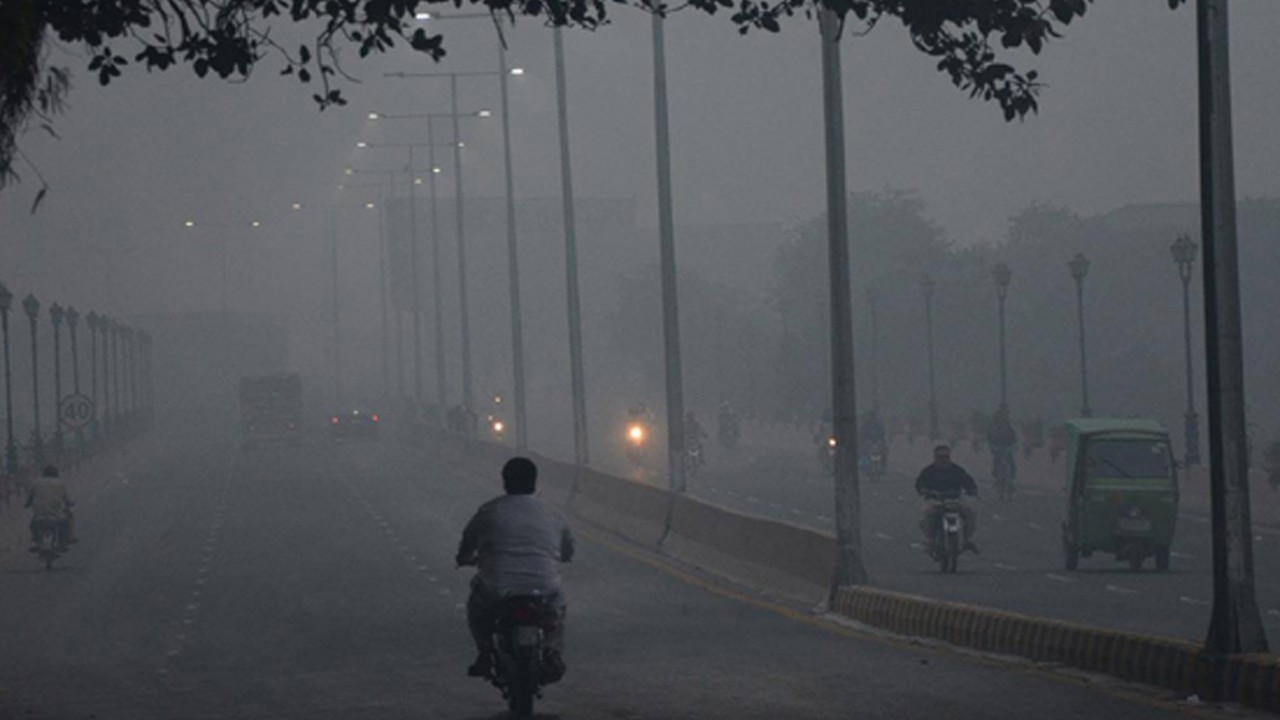NIH warns of rising smog-related health risks across Pakistan

Web Desk
|
18 Nov 2025
The National Institute of Health (NIH) has warned that smog may lead to a surge in respiratory illnesses, urging healthcare institutions, authorities, and experts across the country to take necessary precautions.
According to details, the NIH has issued an advisory on preventive measures against smog and air pollution.
The advisory states that during the cold months, from November to February, smog can have severe adverse effects on human health.
The combination of toxic airborne particles and low temperatures may significantly increase the risk of pneumonia.
The advisory further notes that smog negatively impacts public health, the economy, and overall quality of life, adding that air pollution can trigger respiratory and cardiac diseases along with other serious health crises.
Children, the elderly, and individuals with preexisting medical conditions are identified as the most vulnerable groups.
The NIH has highlighted that cities in Punjab, particularly Lahore, as well as Multan, Gujranwala, Rawalpindi, and Islamabad, face the greatest smog threat.
Lahore remains the most polluted, requiring residents to exercise heightened caution.
The advisory calls on healthcare departments, relevant authorities, and experts to implement urgent mitigation measures.
It also recommends that children avoid extended outdoor exposure and that residents in affected areas, both adults and children, regularly use face masks.












Comments
0 comment